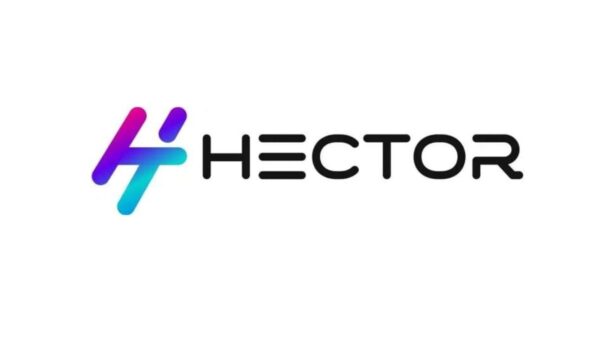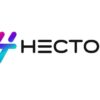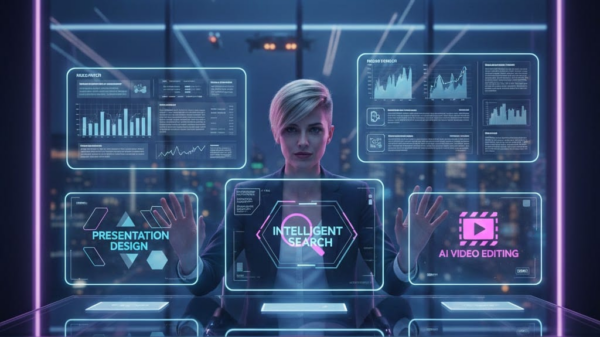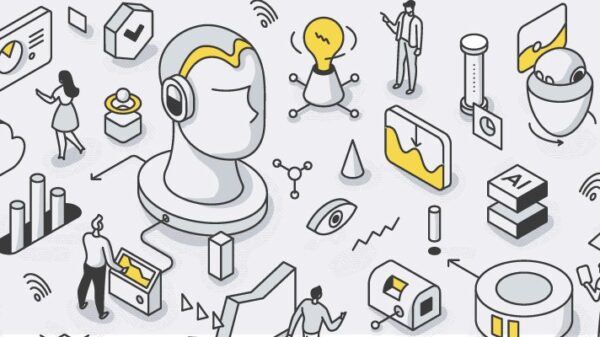As AI tools like ChatGPT increasingly infiltrate the realm of writing—especially in academic settings—the debate around their utility intensifies. While some educators and students may harbor concerns regarding the implications of such technology, there are noteworthy advantages to using AI for various stages of the writing process, including idea generation and draft refinement. However, a critical examination reveals that excessive reliance on these tools may undermine essential learning opportunities, hindering both comprehension of course material and development as a writer.
To illustrate the nuances of this discussion, I’ll share an anecdote: the introduction you just read was generated by ChatGPT after I provided it with my article. As a writing tutor at DePauw University for over three semesters, I can attest to the practical benefits of AI. While I had to enhance the introduction with follow-up adjustments—since AI-generated content often requires refinement—the experience underscored my belief in the potential of AI as a valuable writing aid. Tools like ChatGPT can excel in brainstorming, outlining, and editing, yet we must tread carefully to avoid their pitfalls.
The Benefits of AI in Academic Writing
In limited contexts, AI can serve as a beneficial resource for students engaged in academic writing. For instance, if a student struggles to formulate ideas for a paper, ChatGPT can provide a valuable starting point for research. If they are unfamiliar with a specific writing format, such as a literary analysis or literature review, AI can offer structured outlines to help them organize their thoughts effectively. Additionally, AI can supply constructive feedback on draft ideas, empowering students to refine their arguments and deepen their research, particularly when deadlines are pressing and personal feedback is less accessible.
However, the line becomes blurred when students employ AI for substantial portions of their writing. Substituting AI-generated content for original thought can undermine the primary objectives of academic writing: engaging deeply with course material and honing writing skills. A student who simply copies a prompt into ChatGPT and makes superficial edits risks missing out on the intellectual engagement that typically accompanies crafting an essay. Instead of formulating and defending their arguments, they may merely rephrase ideas presented by the AI, potentially eroding their work ethic and making more complex assignments increasingly daunting.
The Risks of AI Dependency
The reliance on AI writing tools also disrupts essential learning outcomes intrinsic to a liberal arts education: mastering the art of writing and effective communication. In its current form, AI is unlikely to produce outright poor responses, but it often generates generic ones. This blandness is detrimental to effective writing, which should captivate readers through the use of vivid imagery, puns, humor, and varied rhetorical techniques that are ordinarily cultivated in high school English classes. Over-reliance on an algorithm stifles a writer’s unique voice and creativity.
When considering non-academic writing, the implications of AI can be context-dependent. Tools like ChatGPT can streamline the process of composing emails, analyzing data, or summarizing information—tasks that generally pose less controversy. However, the use of AI for generating articles in newsrooms raises significant ethical concerns. While AI can accelerate news delivery, the risk of producing bland and repetitive content is high, potentially spreading misinformation and misrepresenting sources. Furthermore, in the realm of creative writing, reliance on AI to generate themes or storylines can detract from the authenticity and beauty of the work, as creativity may suffer when formulas replace original thought.
Ultimately, AI is a tool best suited for particular contexts. In scenarios involving brainstorming or outlining, ChatGPT can enhance productivity and facilitate learning. However, when it comes to developing comprehensive arguments, its use may obstruct meaningful engagement in academic pursuits that demand significant investment of time, money, and energy. Just as with tools like Google or Wikipedia, as generative AI continues to evolve, individuals must determine how to work alongside it effectively. Proper engagement with AI tools now will better equip us to leverage their capabilities in the future.
As I once noted in a conversation with ChatGPT: “AI is a tool—just don’t let it do all the thinking for you, or you might end up writing like a robot.”
While I am not an authority on AI writing in academic settings, I encourage students to be mindful of their institution’s academic integrity policies. If you are considering incorporating any of the ideas presented here, consult with your professor to ensure compliance. Additionally, being informed about how AI tools utilize user data is crucial, especially if privacy issues are a concern.
See also Perplexity AI Launches Comet Mobile Browser on Android, Challenging Google’s Chrome
Perplexity AI Launches Comet Mobile Browser on Android, Challenging Google’s Chrome OpenAI Partners with Foxconn to Design AI Data Center Hardware in the U.S.
OpenAI Partners with Foxconn to Design AI Data Center Hardware in the U.S. US Stock Markets Drop 1.5% Amid Ongoing AI Bubble Concerns and Inflation Jitters
US Stock Markets Drop 1.5% Amid Ongoing AI Bubble Concerns and Inflation Jitters ASML Invests €1.3 Billion in Mistral AI to Enhance Lithography Systems with Generative AI
ASML Invests €1.3 Billion in Mistral AI to Enhance Lithography Systems with Generative AI




































































